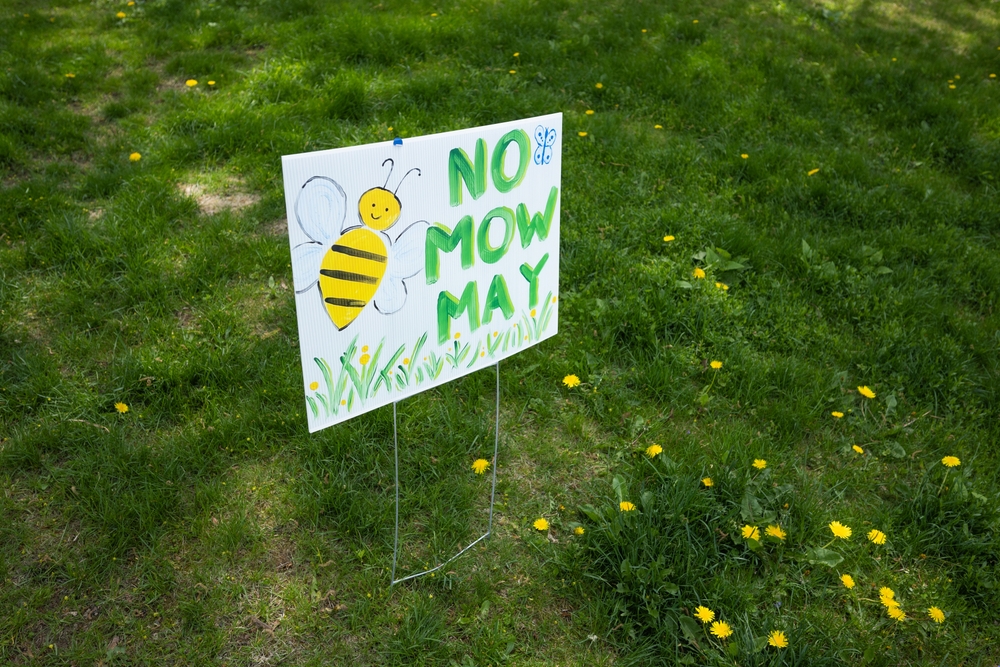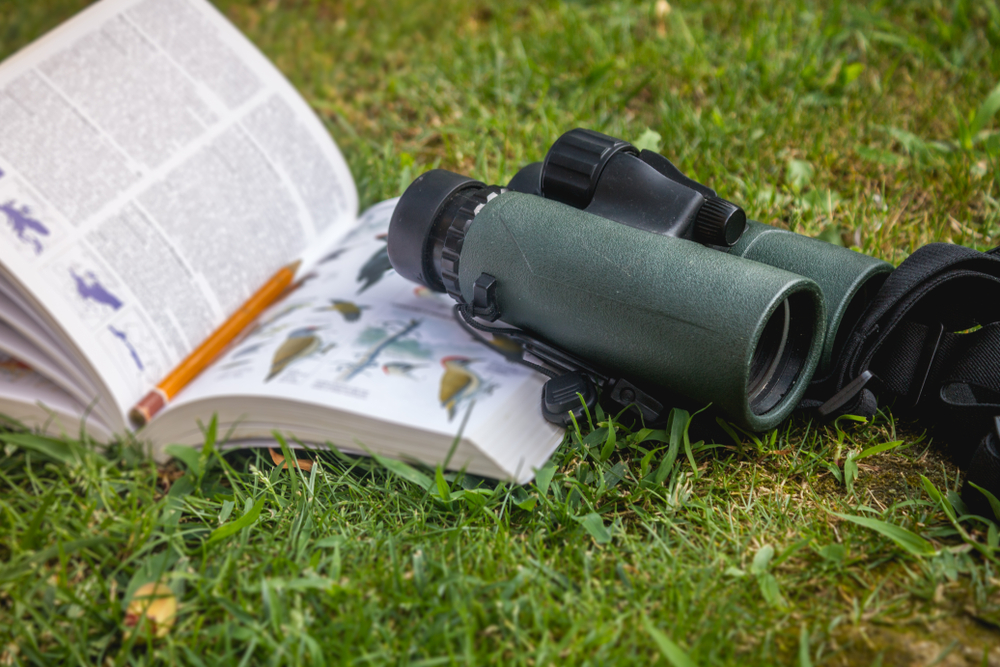Research on the edge of nature and technology.
Where do the realms of the natural environment end and the new frontiers of man-made technology begin? According to Oliver Lowenstein, founder and editor-in-chief of Fourth Door Review, it’s hard to draw the line. ‘There’s a range of connecting relationships between the natural world and the technological world that have, in a sense, formed their own eco-system,’ he says, ‘Fourth Door Review explores the dynamics of that eco-system.’
Fourth Door Review is an annual publication that resembles a cross between a book and a magazine. In 2002 it was crowned with the Utne Reader New Paradigm/New Culture Independent press award. However, Lowenstein sees his creation more as a gap-filler than a paradigm-shifter. ‘In the 90s a lot of people were writing about technology and a lot of other people were writing about the environment, but no one seemed to be covering the common ground between these two emerging movements.’
Fourth Door has moved prodigiously to fill that void, providing the reader with upwards of 100 pages of in-depth analyses covering an eclectic range of issues including architecture, design, (new) media, music, art, philosophy, and theatre. The 2003 edition (Number 6) – the Lanternsure Issue – opened with a four-page article from kayak-builder and author George Dysan on artificial life. (‘We should be less interested in the metaphysics of whether machines are developing the ability, individually, to think, and more interested in the details of how they are developing the ability, collectively, to evolve and reproduce.’). It closes with a four-page book review of Susannah Hagan’s book ‘Taking Shape’, in which she contends that environmental architecture could be the defining movement for the new century. (‘If a mere 20 years ago this was the province of a small idealistic cluster of the architecturally and design-minded; today it has been taken by many conventional architectural practices into many of the redrawn map’s new contours.’) In 2004, issue number seven will look at the development of a series of new cancer treatment centres in the UK, which incorporate environmental architecture into patient treatment programmes.
The articles are weighty and words, not images, dominate the magazine’s layout. But there are signs of a shift towards a more balanced composition of long and short pieces. Lowenstein, who’s fascination with magazines dates back to a post-punk fanzine he started in the late 70s, explains: ‘We’re aiming for a cross between an academic approach and studied journalism’ But Fourth Door is meant for a younger audience than that targeted by other in-depth publications, such as Resurgence. And, like its target audience, the magazine continues to grow and change both in terms of form and focus. ‘I like exploring and getting people involved in new things,’ says Lowenstein. ‘It’s not interesting to do the same thing again and again.’
In addition to the magazine, Lowenstein has also started Fourth Door Research, a centre for innovation that attempts to convert the theories described in Fourth Door Review into practical applications. The first such invention is an eco-cycle station, where touring cyclists can overnight. And Lowenstein has also launched an online publication, Unstructured, which keeps readers abreast of the latest theoretical and practical developments. Lowenstein: ‘Fourth Door Review is about dreaming the possible, Fourth Door Research is about applying it, and Unstructured attempts to bridge the two.’
Oliver Lowenstein is a busy man. But that’s to be expected when your field of study is as broad as the planet and as deep as the human mind can see.
For subscription information: PO Box 2632, Lewes, East Sussex, BN7 2XZ, UK. Tel. +44 1273 473501. E-mail: fourthdoor@pavilion.co.uk. Web: www.fourthdoor.co.uk.











